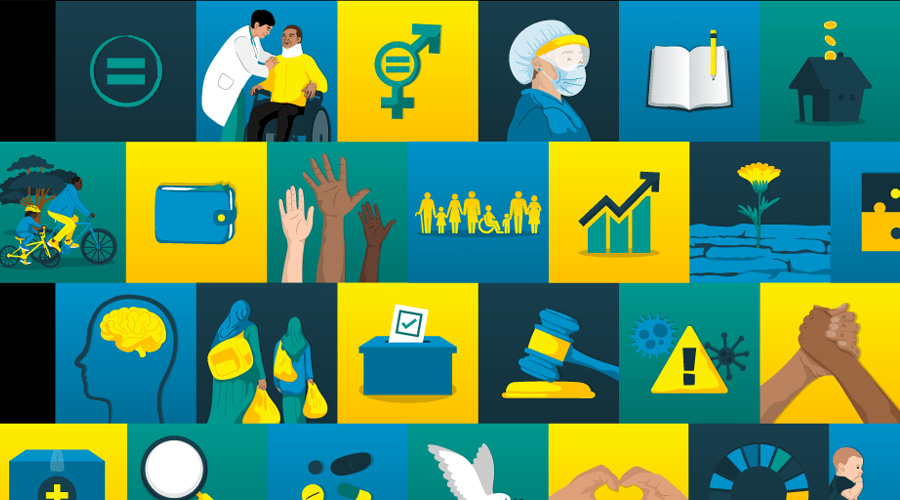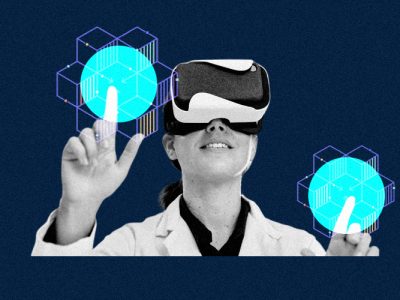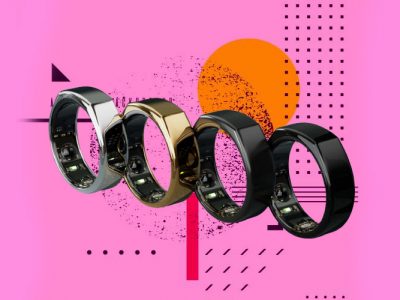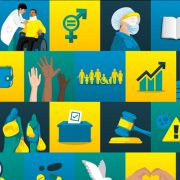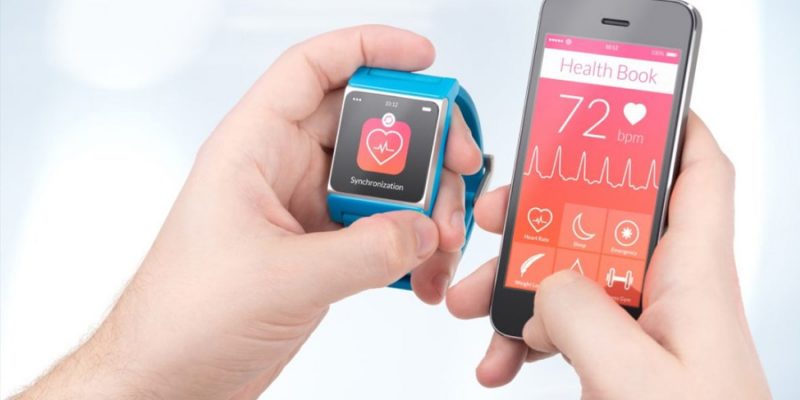
Top features of health management apps and their rising popularity in 2022
Two years of disturbance due to COVID-19 have come to an end. However, chief technological shifts are still in front, with the healthcare industry being among the major innovators. In that sector, healthcare management apps are spearheading technological expansion. Today, there are more than 53K healthcare mobile apps available on Google Play. This number translates into a 6.52% rise over the earlier quarter. Over the years, the necessity for digitalization has been ripening in the health management sector. Last year, we’ve at last reached the tipping end. Thus, the market size of virtual healthcare has climbed to over $266 billion and still goes on. But what makes healthcare mobile apps so trendy? With that question in mind, we studied the core functionality of medical apps to reveal the secret recipe for app victory. Let’s distill the trendiest features together to set up health management apps development for success in the healthcare industry.
1. Reduced Healthcare Expenses by Promoting Population Health Management:
A rising number of companies, such as Medtronic PLC, Walgreens Boots Alliance, Inc., CVS Health Corp., and Qualcomm Life, Inc., are investing in population health management (PHM) initiatives to advance patient outcomes. It can aid patients by providing entry-level teaching on infection management and chronic condition self-care; healthcare management providers can recover the feature of care and encourage patient empowerment. With the flexibility to administer health records on mobile apps at any time and from everywhere, healthcare professionals will be able to spend extra time with patients and less time on official procedures.
2. Enhanced Patient Engagement and Care With Health Literacy and Protective Care:
In this type of health management apps patients can access and watch their medical records and recommendation details from the comfort of their homes, at whatever time convenient for them. Healthcare providers can support protective care among patients by providing an effortless way to uphold a fit lifestyle through realistic advice on diet plans or workout apps. Patients can receive health-related data even without an internet connection, thanks to the offline capabilities of healthcare mobile apps.
3. Up to Date Decision Making by Presenting Real-Time Data at Fingertips:
Physicians and different healthcare experts could make data-driven choices when treating patients. They can become aware of signs and symptoms early, make treatment plans in real-time, and offer higher care to the patient. Health Management apps allow them to view patient records on a single screen, speak with patients’ caregivers, and enhance interoperability between devices. Consumers can effortlessly add their clinical data on mobile devices each time they seek advice from a healthcare professional. Helpful for patients going through the challenge of drug interactions or side effects, as they offer access to data about potential harmful reactions with drug treatments in real-time. It allows them to make informed choices before taking any drug. Access to records anytime, anywhere empowers customers to take charge of their health.
4. Better Adherence to Treatment Tactics by Removing Barriers
Helping patients adhere to treatment plans is important for a medical trial and in the long run delivering higher outcomes. Compliance with healthcare mobile app plans largely depends on patient engagement, comfort with technology, and simplicity of use. By receiving digital reminders that alert them about an upcoming appointment or due medication, patients can move about their regular activities without stress about missing a therapy session. Medical apps assist patients to track and record their fitness data, which they can share with healthcare companies or caregivers for enhancing patient outcomes. These apps additionally provide drug interaction checkers that permit clients to understand how precise drugs work collectively and what side effects they could experience.
5. Improved Monitoring of Clinical Studies and Patient Outcomes:
In a global with a growing awareness of the healthcare industry R&D, healthcare mobile apps have emerged as a promising technology platform to assist monitor the quality of medical research for drug development. Clinical studies organizations (CROs) can use medical apps to track adherence rates, promote medical trial participation and control more than one study simultaneously. Medical apps also can assist patients to communicate with their physicians, caregivers, or family members in real-time. It guarantees that they’re informed about any new medicine updates, safety precautions, or upcoming visits to healthcare providers.



